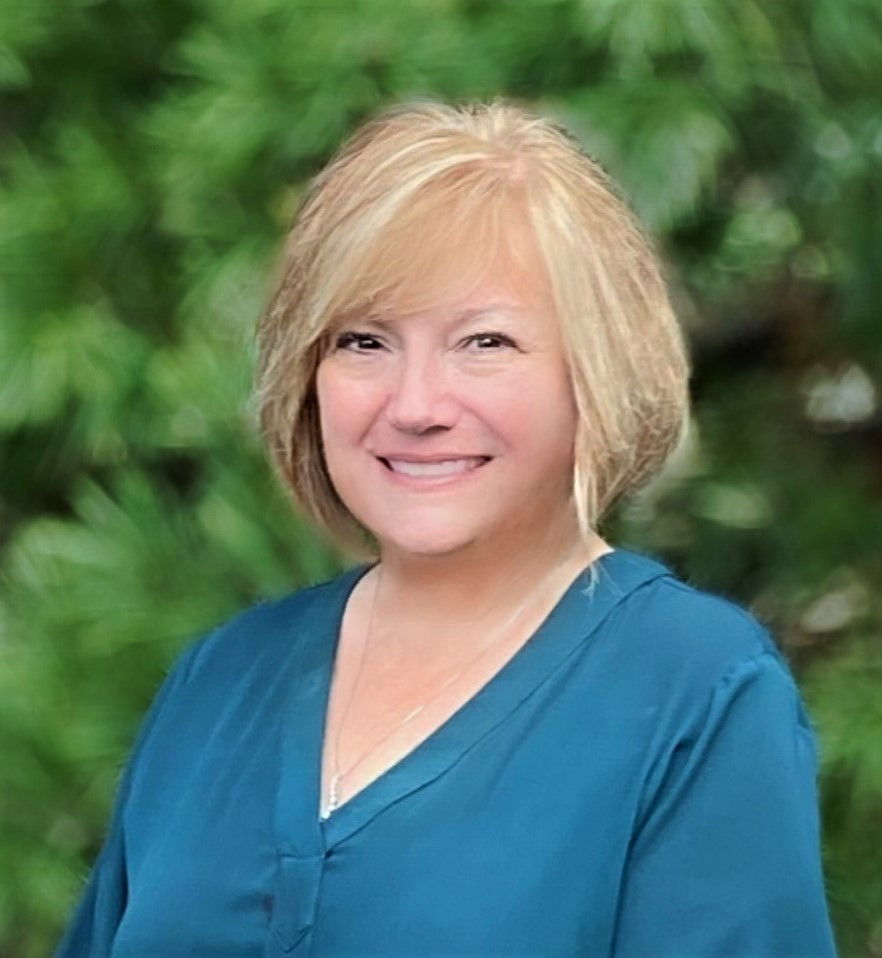Things to Consider Before Retiring
Normally, retirement planning is all about numbers. It is based on one question: will my financial assets – pension, 401(k)s/IRAs, Social Security, property, sale of a business, etc. – provide enough income to fund my retirement? Regardless of the amount you have in mind, make sure to factor a reasonable rate of inflation into the calculations. If you think your initial retirement income should be $10,000 a month, that may not be enough 10 years from now. Health care, as well as long term care, can be the largest expense in retirement, yet it’s one that many people don’t adequately plan for.
Although financial planning is a very important part of retirement planning and retirement readiness, it is only one of many things to consider. I recommend starting the conversation at least five years before your targeted retirement date so you have time to make adjustments or rethink your assumptions. To help you get a game plan together, ask yourself these questions:
When should I retire?
When to retire may seem like an easy question but with today’s longevity trends, retiring at 65 could mean being retired nearly as long as you spent in the work force. Will your finances hold out for 20-25 years in retirement? Just because the calendar says you’re at retirement age doesn’t mean that’s the right path for you. If you love your job, why retire? There are many options, such as changing jobs or reducing hours, to have more time for other pursuits.
How will I spend my time?
Retirement planning should include a plan of retiring to something rather than retiring from something. If you don’t know how you’ll spend your time, it’s hard to know how much money you will need for retirement. A retirement full of travel and golfing obviously costs much more than one of hiking and volunteering at your local school. Spend the year before your intended retirement mapping out your time in retirement, whether it’s traveling, spending time with family, learning, volunteering or consulting.
Am I emotionally ready for retirement?
There are emotional considerations as well. As you move into the retirement stage of life, you want to make sure that you’re emotionally prepared for retirement. For many people, their identity is wrapped up in what they do for a living. Without the structure of a workday, it’s not uncommon to feel unbalanced.
Your retirement doesn’t solely impact you. It may have ripple effects. You may be looking forward to spending time with your significant other, but are they looking forward to spending all of their time with you? Some people might be paying alimony to an ex-spouse or be supporting adult children. Will you be able to continue this level of support once you retire? Naturally, you may be willing to work a few years longer if your children aren’t yet grown or you are legally obligated to continue spousal support. But, if you’re supporting adult children that should be supporting themselves, now might be a good time to stop paying their way so you don’t worry about outliving your money.
Where do I want to live?
Where to live is an important retirement question. Moving to a state with a lower cost of living and low state income taxes can help you stretch your retirement dollars. Before you sell your Kentucky house in lieu of a warmer climate, such as Florida, consider your decision from multiple angles. Some states, such as Florida, don’t have state income tax, but they have high sales and property taxes to make up for it. Others might have the tax savings you crave, but they might not offer the access to the high-quality health care providers you need to make it a comfortable retirement.
Knowing when to retire can be complicated. It’s full of financial and emotional decisions. Like all good plans, it’s better to start evaluating your options well in advance and working with professionals who can help you navigate a course of action.



